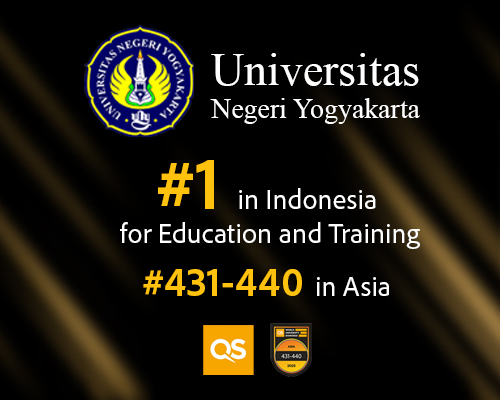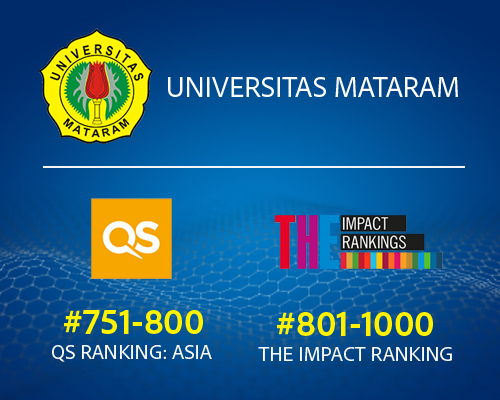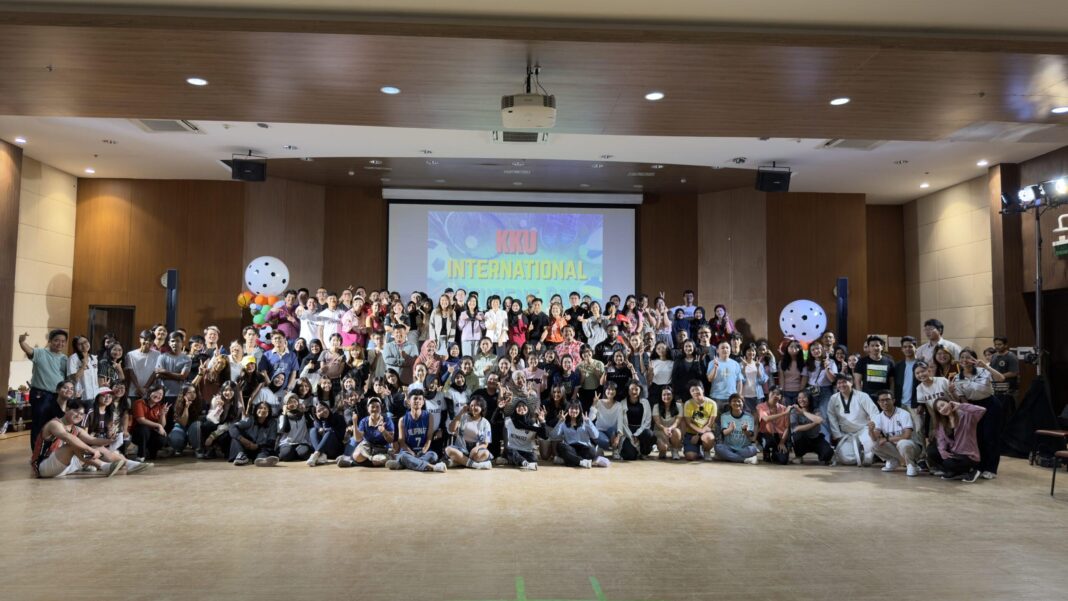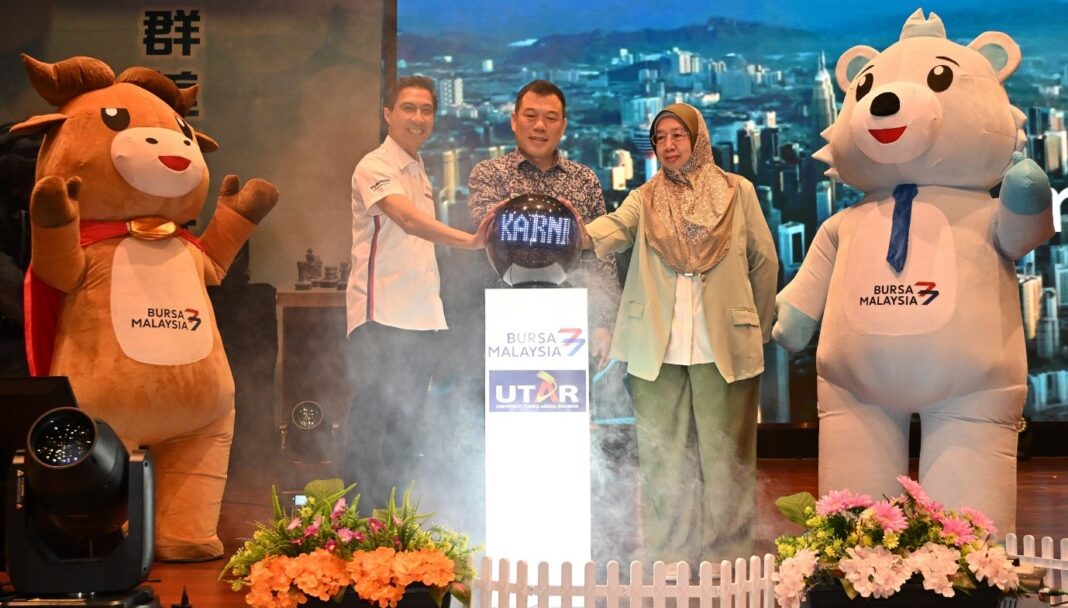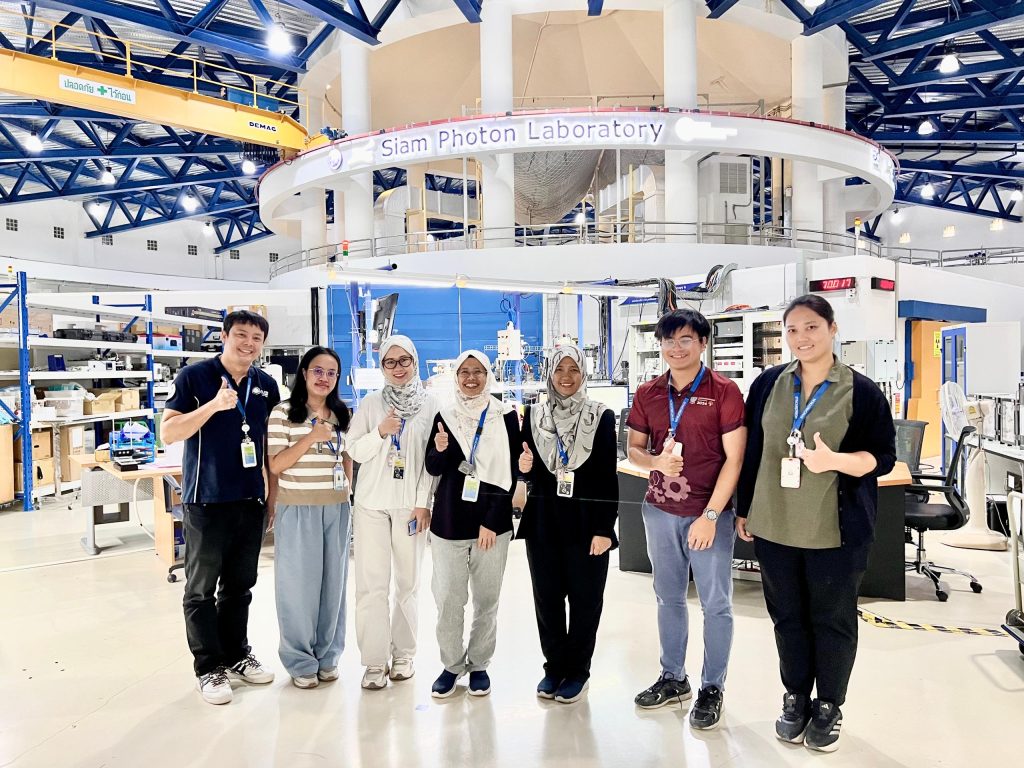Khon Kaen University’s International Student Day 2025 brought together over 200 students from around the globe, marking a significant milestone in the institution’s commitment to fostering international community. The “Green Jungle Party” themed event underscores how Thai universities are increasingly prioritizing international student integration and support.
**Key Points**
* Over 200 international students participated in KKU’s annual community-building event
* University leadership emphasized creating a “family-like” environment for overseas students
* Event featured recreational activities and shared dining to strengthen relationships between students, faculty, and staff
* KKU positions itself as a safe, environmentally conscious institution for international education
* Annual tradition demonstrates ongoing commitment to international student support and networking
How is KKU Building International Student Community in 2025?
On July 25, 2025, at 5:00 p.m., Khon Kaen University’s International Affairs Division and International Student Association hosted their annual International Student Day at the Foundation Skill Development and Lecture Building. Consequently, the event served as both a welcome ceremony for newcomers and a networking opportunity for current international students.
What did university leadership emphasize at the event?
Family-oriented approach to international education
Assoc. Prof. Nawarat Wara-Aswapati, Vice President for International Affairs, delivered welcoming remarks that highlighted KKU’s commitment to international student welfare. “Welcome all International students to Khon Kaen University and the International Student Day 2025,” she stated, noting her appreciation for students who “have chosen to travel a long way to study at Khon Kaen University.”
The university’s approach centers on comprehensive student care. “Our university is well prepared to care for international students, which is very important,” Wara-Aswapati explained. “We are famous as an institution with a good environment. We also aim to build a safe and loving place for all, just like you are a family member.”
Strategic focus on lasting impressions
University leadership emphasized creating memorable experiences for international students. The Vice President noted that KKU wants international students “to be impressed with KKU,” positioning the institution as more than an educational facility.
The event reflects broader trends in international education where universities compete not just academically, but on student experience quality.
What activities defined this year’s celebration?
Recreational programming for relationship building
The 2025 event featured a “Sport Party” theme, incorporating recreational games and activities designed to strengthen relationships among international students, faculty members, and staff. Notably, organizers included a shared dinner component to foster further interaction and camaraderie among participants.
This programming approach represents a strategic shift toward experiential international student engagement, moving beyond traditional orientation models. The recreational focus allows natural relationship formation while reducing cultural barriers that might exist in more formal academic settings.
Why does international student integration matter for Thai universities?
KKU’s emphasis on international community building aligns with Thailand’s broader educational competitiveness strategy. Universities across Southeast Asia are increasingly recognizing that international student satisfaction and integration directly impact institutional reputation and enrollment sustainability.
The event’s scale—attracting over 200 participants—demonstrates significant international enrollment at KKU. Furthermore, the university’s positioning as an institution with a “good environment” reflects growing awareness that environmental consciousness appeals to international students, particularly those from developed nations.
Bottom Line
Khon Kaen University’s International Student Day 2025 exemplifies evolving approaches to international education in Thailand, where universities recognize that academic excellence alone insufficient for attracting global talent. The emphasis on family-like community, environmental consciousness, and experiential programming positions KKU competitively in the international education marketplace.
Moving forward, the success of such initiatives will likely influence how other Thai universities structure their international student support systems. The combination of recreational programming, leadership engagement, and community-building activities creates a replicable model for institutions seeking to enhance their international appeal and student satisfaction rates.


